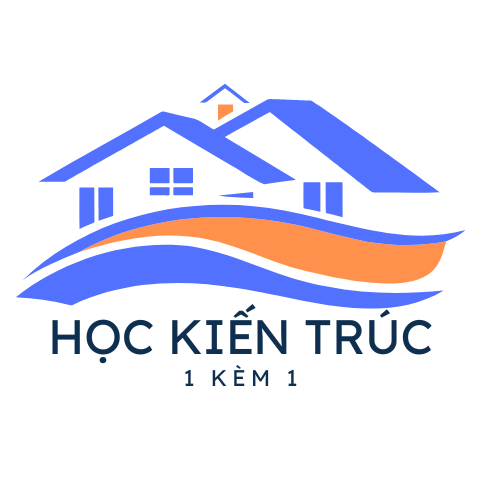The travel industry in 2025 stands at a crossroads of progress and responsibility. As global tourism rebounds to pre-pandemic levels, travelers and industry entities alike are steering a landscape transformed by eco-conscious mandates, cutting-edge technologies, and changing visitor priorities.
## Eco-Friendly and Eco-Conscious Travel
The necessity for sustainability has become a cornerstone of modern travel. By 2025, the tourism sector is projected to generate 6.5 billion metric tons of greenhouse gases, necessitating urgent action. Destinations like Costa Rica and Bhutan are spearheading this charge, with the latter maintaining its status as the world’s only climate-positive country through rigorous tourism limits.
Restorative travel models, such as New Zealand’s Māori-led sustainable excursions, are building popularity. These initiatives reflect a broader shift: 73% of travelers now prioritize brands with strong environmental policies.
## Tailoring and Bespoke Experiences
High-end exploration in 2025 is synonymous with hyper-personalization. Sophisticated tourists seek transformative journeys adapted to their unique interests. Operators like LuxGroup emphasize “conscientious indulgence,” combining pampering with cultural immersion.
AI technology is transforming trip planning, enabling dynamic itineraries that adapt to instantaneous choices. This trend corresponds to findings that 64% of luxury travelers prefer bespoke packages over cookie-cutter options.
## Preventing Overtourism Through Innovation
Overtourism remains a significant problem, prompting travelers to seek “alternative locations” and off-peak travel. Cities like Ljubljana are reducing congestion through vehicle-restricted areas and cycling networks.
Authorities are taking action; Amsterdam and Majorca have implemented tourist limits and behavior guidelines to protect local ecosystems.
## Technology’s Role in Hassle-Free Tourism
AI’s influence spreads beyond personalization into process optimization. Chatbots handle 24/7 customer inquiries, while forecasting algorithms optimize flight schedules and hotel pricing. Virtual reality previews allow travelers to “trial” destinations before booking.
Mobile platforms like Seven Corners streamline trip management, offering real-time updates on weather, crowds, and transportation delays. Cryptographic recordkeeping enhances clarity in carbon offset programs.
## Prolonged Trips and Local Integration
The era of whirlwind tours is fading. Luxury travelers are commonly opting for two-week stays to intensify cultural connections. Families are increasingly embracing “work trips,” merging remote work with lengthy residencies.
## Occasion-Focused Travel and Unique Adventures
“Concert traveling” has surged, with fans crisscrossing globes for major events. Stargazing travel—exemplified by stargazing in Chile’s Atacama Desert—reflects expanding appeal in cosmic occurrences.
## Wellbeing and Unplugged Retreats
Self-care journeys is evolving beyond wellness centers to encompass integrated therapies. Unplugged getaways combine yoga with organic cuisine, aligning with a 95% increase in demand for health-oriented itineraries.
## Financial Approaches and Cost-Sensitive Travel
Travelers are employing loyalty programs and packaged deals to maximize value. Credit card rewards are being carefully utilized for upgrades, reflecting a shift toward “strategic indulgence”.
## Summary
The travel landscape of 2025 is defined by its twofold character: a hunger for exploration balanced by ethical accountability. As destinations harmonize innovation with conservation, stakeholders can ensure tourism remains a connection—not a obstacle—to a more integrated and responsible world.
